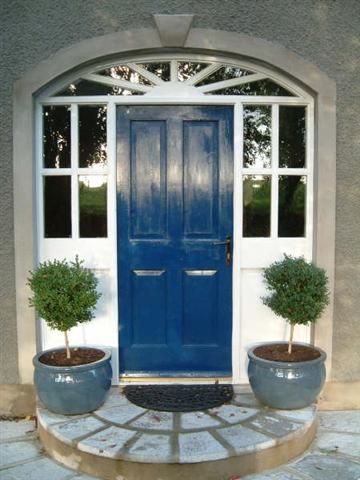10 Don't Miss Questions To Ask When Buying A Home (That You May Have Missed)
You found it! The perfect home that you’re dying to own. From the front door to the back lawn, this feels like it’s the place for you. Now what? Now it’s time to dig deeper and ask questions- and not just some random ones. You need to hit all the necessary topics head-on, and some of them are not too obvious.
But you’re in luck- we’ve compiled a checklist of some of the most important initial questions to ask when buying a home:
What’s the home’s sales history?
When was the last time the house sold and how much did the owners pay for it?
This is essential intel and you don’t actually have to ask anyone for it. You can find it posted on every MLS listing. All you have to do is scroll down to find it- but make sure you have it. When buying a home, the previous sale price can give you a sense of what the sellers might expect you to pay- but keep in mind that a home’s true market value is based more on what comparable homes are selling for now rather than what it went for in the past. Sales history will show you whether the home’s price has been trending up or down over time, which can give you more room in negotiating.
Did the sellers make any major renovations or additions?

How much are the property taxes?
Property tax history is also, in most cases, available right on the listing detail page. If you can’t find it, ask the seller. You will want to find out what the previous owners pad, but understand that property tax, since it’s based on a percentage of the value of the house, will probably be affected by your purchase price of the home. This could be an additional expense. And you will want to budget for that when you are putting together your offer.
What are the monthly maintenance and utility costs?
Are there any fees for a homeowners association? Find out. Also ask what sort of power the home uses, be it oil, gas, electric or solar or a combination, and what the average monthly bill for each is. Also ask about water, waste removal and any other utility costs that are applicable.
Has there ever been a broken pipe? Sewer backup?
This may sound trivial (and gross) but according to the Insurance Information Institute, broken pipes account for an estimated 22% of all home insurance losses. If the homeowner isn’t forthcoming, a home inspector can probably find evidence of either of those situations, so you may want to add it to the list of your questions for the home inspector as well.
How old is the roof?
The 2015 Remodeling Impact Report from the NATIONAL ASSOCIATION OF REALTORS® says the national median cost of an asphalt roofing replacement is about $7,600. It would be good to know how soon you may need to come up with that kind of cash.
Have there ever been any pest infestations?
If there was an infestation, when were measures taken to control it? This won’t mean that the house is pest free at the time you buy it, but it’s a good place to start- knowing the history. Many buyers require that a termite treatment be included in the price- it’s easiest to tent for pest removal when it’s empty and between owners.
Are there warranties on the appliances, HVAC system, garage door, etc.?
And if there are warranties, can the homeowner provide the documentation? Ask for it. This can establish how old these features are, and give you an idea of when they might need replacing. As well as what you can expect as far as how expensive that could be. It will also help you decide whether or not you need to purchase a home warranty.
What are the parking restrictions around the house?
Will you have gusts that need parking permits? How many permits are you, as the homeowner, allowed? Can you obtain more if you decide to throw a party? Check out the parking situation of the property itself. Will your car actually fit in the garage? Is there room to park anywhere else on the property?
Does the house have any kind of unusual history?
In many states, owners are legally required to disclose if a death or major crime has occurred on the premises. But there are other circumstances you may want to be aware of as well. For example, has anyone famous ever lived there? Was it used in a film or other recorded production? If so, you may have to deal with fans ringing your doorbell or driving by. Haunted houses also carry a stigma and may allow some negotiation room.
As always, your agent can guide you on what to do with the answers you receive and what additional concerns and questions you may want to ask. Every home carries its own unique traits and having someone who has seen many homes can give you a unique insight.




